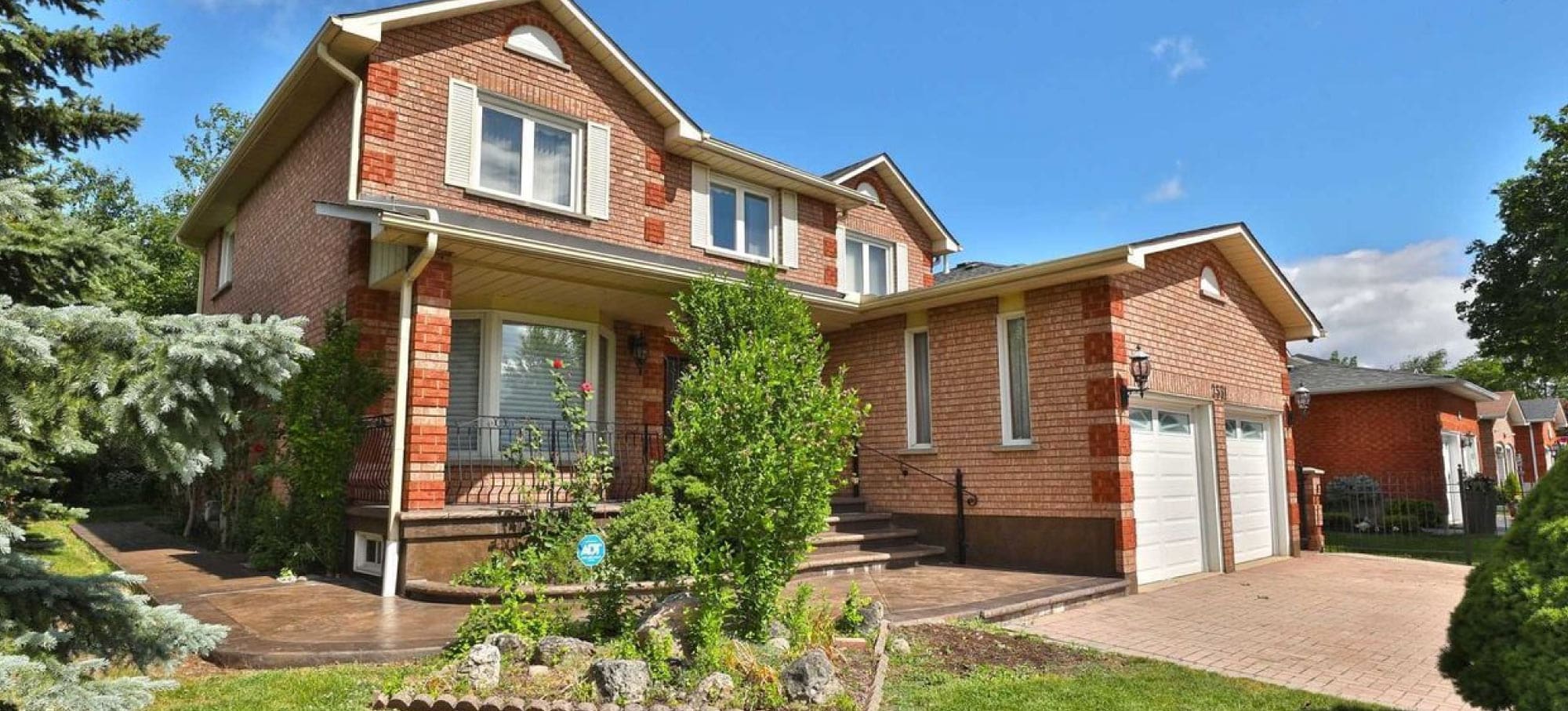Navigating a divorce is never easy, and one of the toughest parts of the whole process is dealing with the divisions of assets. With that in mind, one of the largest decisions you (and your ex-spouse) will need to make is who keeps the house.
Of course, not every couple decides that one person will stay put. In these cases, you’re looking at a joint sale scenario. That’s a separate topic entirely.
As a real estate agent who has supported families in this exact situation for more than 30 years, I have a few helpful insights to share. In this blog, I’ll go over all the key pointers to consider when deciding which person gets to keep the family home, and what happens next from a legal and real estate perspective.
Who Has a Right to the Family Home?
One common misconception when it comes to who keeps the house after a divorce is rights. Under Ontario law, no person gets special privileges or has a greater right to the house than the other.
Legally speaking, the family home (known as the “matrimonial home”) has a unique status under the Ontario Family Law Act – which states that both spouses have equal, 50/50 rights to the home no matter what. Regardless of whose name is on the title, who has contributed more to the mortgage, or if either person owned the home individually first, you and your ex-spouse share the home equally.
Keep in mind that this only applies to couples that were formally married. If you are separating from a long-term partner with whom you shared a home but weren’t married, you may not be entitled to the same home split. If you’re in this position, it’s a good idea to consult your lawyer.
On the hunt for more family-focused real estate advice? You’ll want to read these blogs next!
- What Are The Top Oakville Neighbourhoods For Kids?
- Is Oakville a Good Place to Live?
- Moving Up – Should You Buy Your Next Home Before You Sell?
Family Considerations
Now that we’ve covered matrimonial home rights let’s talk about some of the important considerations that should factor into your decision-making. More often than not, the difference maker in choosing who keeps the home is kids. If you and your ex-spouse have children, the right decision is often the one that supports them the best.
Divorce can be especially difficult for kids. After all, it’s a major life change for them too. Keeping things as stable as possible (when you can) is a good way to support them as they navigate this big transition. With that in mind, if it’s decided that one parent will have full or primary custody of the kids, it usually makes sense for that person to keep the home. This keeps kids in their routines, close to school and friends, and generally limits the interruption to their day to day.
Financial Factors
Keeping your kids top-of-mind is important when deciding who gets the house. That said, divorce (and homeownership) is much more complicated than that. Or, what happens if you and your ex-spouse don’t have children?
The next major consideration when it comes to keeping the home is money. It’s no secret that owning a house can be costly. Along with the mortgage, you’ve got countless other carrying costs to think about – not to mention surprise expenses. With all that being said, the person who keeps the home will need to be able to afford it.
If you’re switching from a dual-income household to a single-income one, managing housing costs can be tricky. However, you should also factor in any child support or spousal support agreements when working out your financial plan.
Looking to find the right community for your next life chapter? Click here to explore my selection of neighbourhood guides.
What’s the House Worth?
If one person chooses to keep the family home, they’ll need to pay the other for their share. Remember, each spouse is entitled to half of the home and, therefore, half of its value.
Here’s where things get complicated once again. Spousal buyouts must factor in appreciation. In other words, you or your ex-spouse won’t be paying the other half of what you paid for the home. Rather, you’ll be paying half of its current market value.
Because there’s no objective price tag attached to the house, both parties will need to come to an agreement on what it’s worth. The easiest way to do this is by working with a trustworthy and unbiased real estate agent. They can assess the home and give you a rough estimate of its value in today’s market.
Selling your home following a divorce? I’m here to provide compassionate expert support. To get in touch call 905-346-8188 or email me at stacey@staceyrobinson.com.

At Your Service
I’m here to guide your real estate venture with an education to empower you. Let’s chat about what your needs, and I’ll tell you how I can help you meet them.







